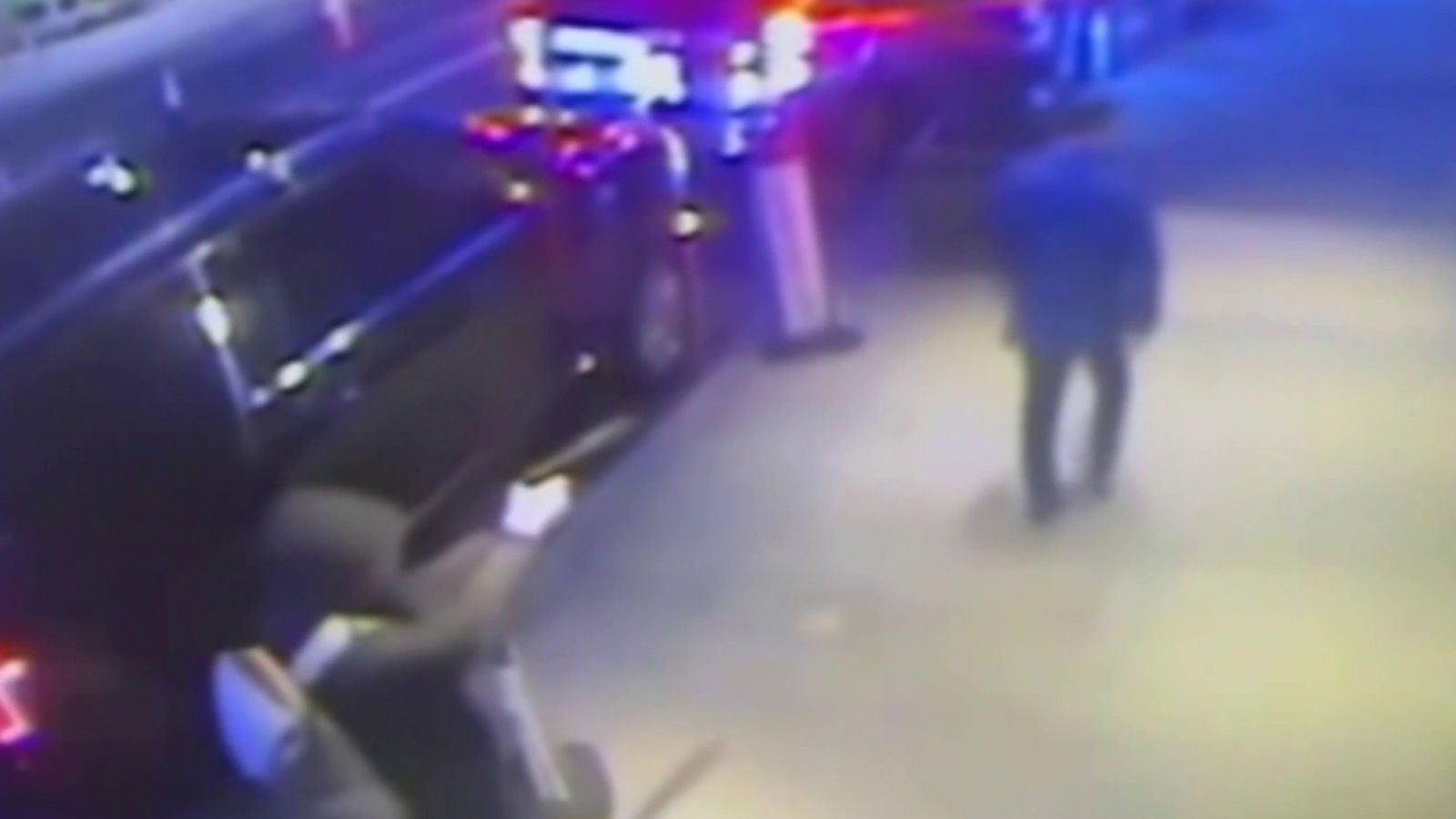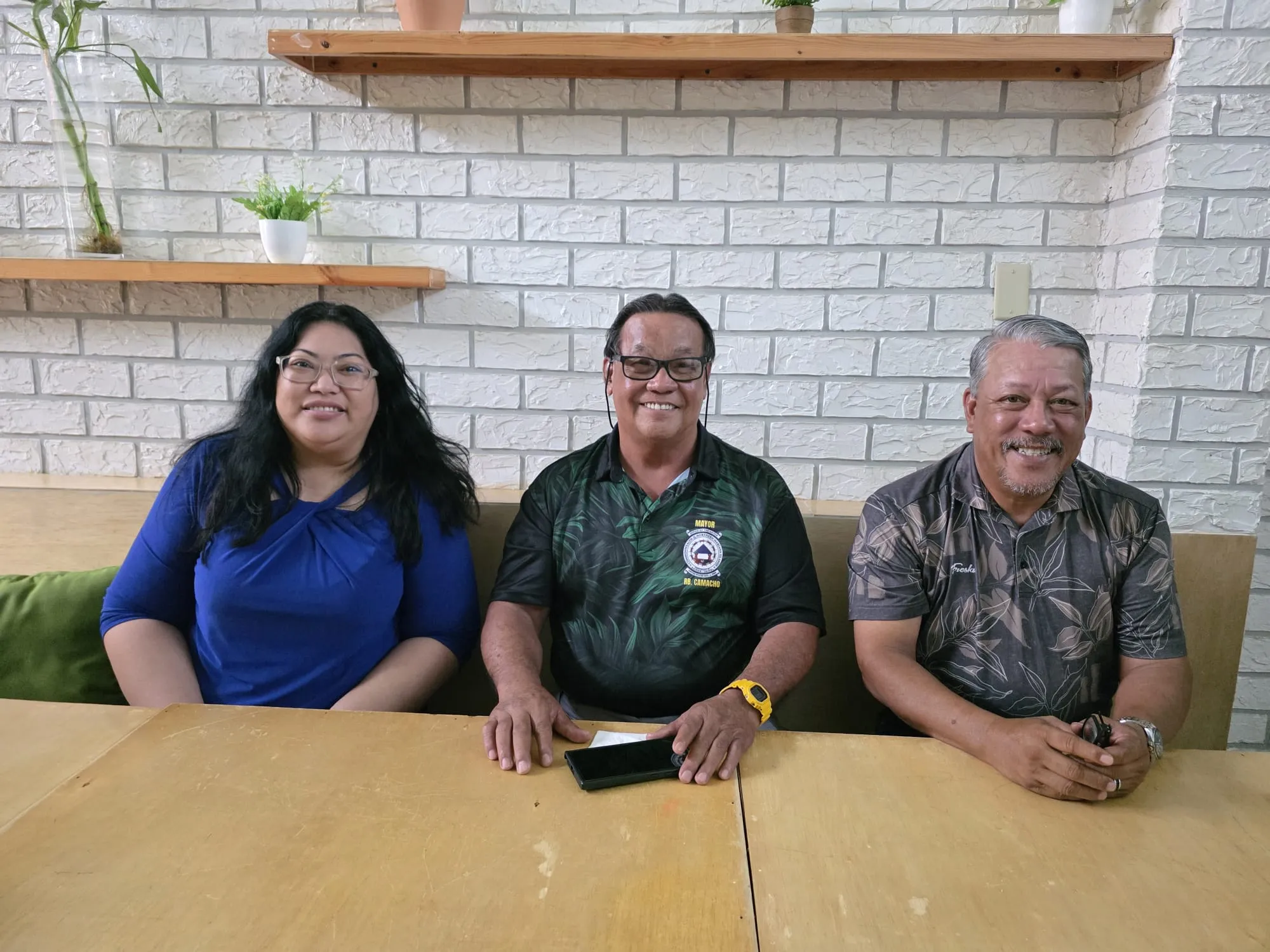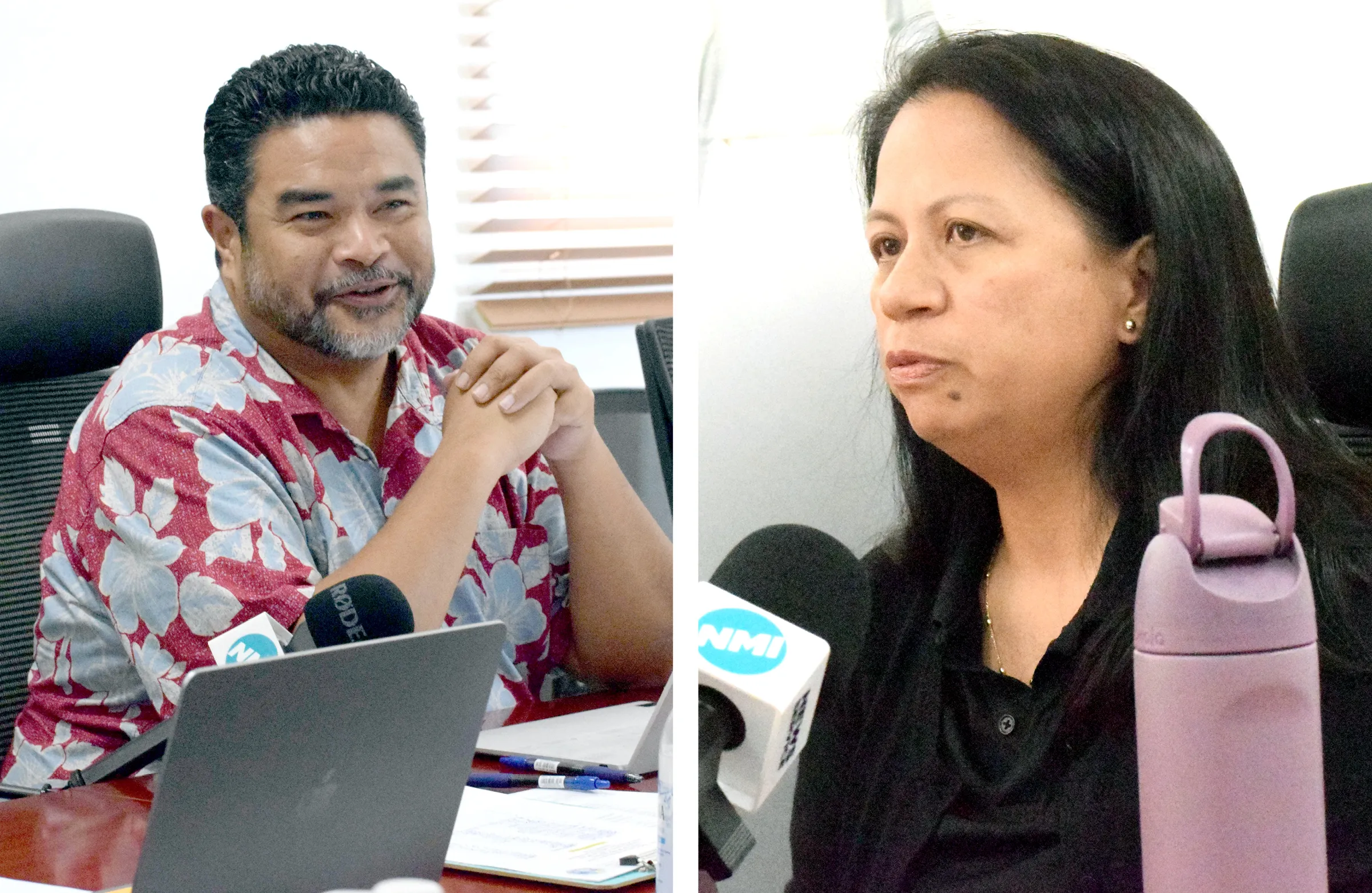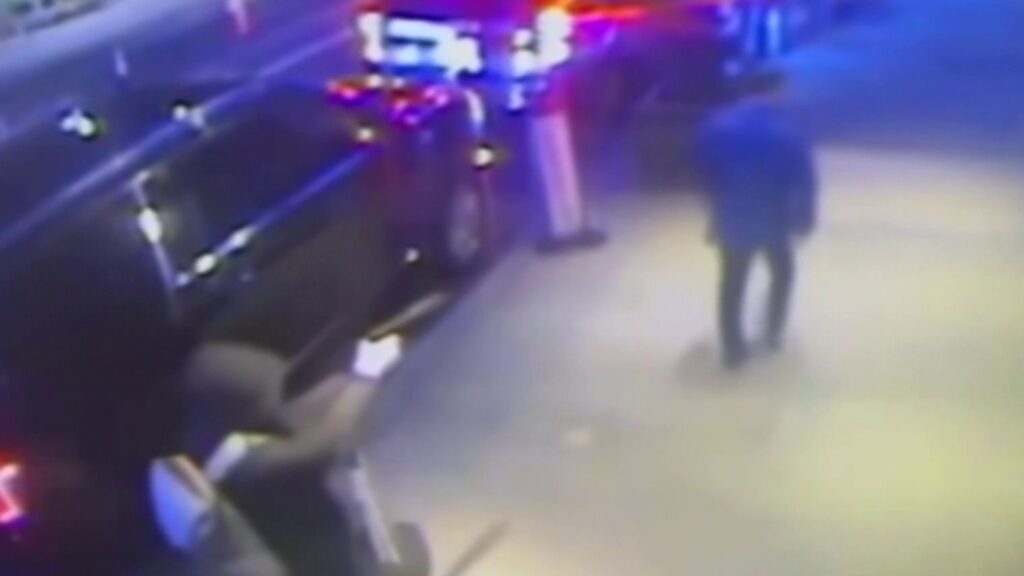
OVER a week ago, a health insurance executive in New York was gunned down like a dog. The suspect, Luigi Mangione, according to the Associated Press, is “the grandson of a wealthy real estate developer, valedictorian of his elite Baltimore prep school and with degrees from one of the nation’s top private universities.” Many view his murderous deed as fit retribution for the “greed and heartlessness” of the health insurance industry.
There is absolutely nothing original or even “modern” about all this. In the 19th century, Fyodor Dostoevsky wrote a novel about a young man whose heart bled for the injustices of the world so he decided to “fix” at least one of them.
Throughout human history, an audacious “once and for all” approach is the preferred method of many good hearted, highly intelligent people who want “to make the world a better place.” Their plan also usually involves killing people.
In Dostoevsky’s “Crime and Punishment,” the hero, Rodion Romanovich Raskolnikov, is a former law student who has withdrawn from society and is no longer trying to support himself. Despite his intellectual aspirations and belief in his potential as an extraordinary individual, he resents the unfairness of life, which includes the existence of greedy and exploitative persons such as Alyona Ivanovna, an old pawnbroker, who takes advantage of the poor and vulnerable. Her ill-gotten wealth could help people in need. Her murder would benefit society.
Rodion believes he is the man for the job. He sees himself as exceptional, pure of heart and ready to take action that will serve a higher and noble purpose. How hard would it be to get rid of a “useless creature” — a “louse” (i.e. a “parasite”) — like Alyona?
Rodion, in short, has a utilitarian justification and a superiority complex. He has also dehumanized his intended victim. The stage is then set for what he considers his heroic deed.
Spoiler alert: it didn’t all go to plan, but he did what he wanted to do. (Dostoevsky’s depiction of the crime is one of the most chilling episodes in Western literature.) However, instead of exultation, Rodion experiences profound psychological turmoil — and guilt.
In the (non-fictional) case of Luigi Mangione, many well-meaning individuals find that the crime he allegedly committed is “understandable,” if not “justified.” But such a belief has logical consequences that many of us may not be aware of. It is virtually a call for a return to our primitive selves. A free for all. Those who can and are able, should and must. No rules. Our actions are governed by our highly subjective notions of justice and the common good. Perhaps unwittingly, we aim for the “true freedom” cherished by the Marquis de Sade, who sympathized with the general goals of the French Revolution, but found that it didn’t go far enough. For Sade, a genuine revolution should lead to absolute freedom — for everyone, including the criminally inclined. In such a world, power and violence will dominate. Such is “real freedom.”
Now if murdering someone for the “greater good” is permissible, who should be next? And who defines the “greater good”? What is “unfair” to us may be “fair” to others, and there are usually two sides or more to an argument. Who wins? In the world of Rodion, Luigi and Sade, those who resort to violence. Incidentally, Luigi is an admirer of the Unabomber, the Harvard graduate math whiz.
Jim Geraghty of National Review said those who genuinely want to help the uninsured have a lot of (non-violent) options. “There are about 1,400 free and charitable clinics in this country,” he said; “the National Association of Free and Charitable Clinics will help you find the one closest to your location. These clinics receive little to no federal funding. They saw 5.7 million patient visits in 2023, and roughly 1.7 million patients (some patients see the doctor more than once), and 682,000 new patients in 2023. That year, 82 percent of patients were uninsured, 63 percent of patients were employed, and 39 percent were veterans. You can donate money and encourage others to donate to defray operating costs. You can volunteer. You can donate supplies. Every last clinic would welcome the assistance in any form.”
You can also lobby members of Congress to “fix” the health insurance industry or run for office yourself.
Instead, Luigi “tracked the movements of the top official in the biggest health-insurance company in the country and shot him in the back.”
There is nothing remotely admirable about it.
An eye for an eye and soon, everyone’s blind — with rage.
In “The Rebel,” Albert Camus wrote that rebellion must have a moral foundation. Otherwise, rebellion against oppression and injustice becomes indistinguishable from oppression and injustice themselves.
That is not progress, but regression.
In “Crime and Punishment,” Rodion eventually admitted to the crimes he had committed and accepted responsibility.
“It takes something more than intelligence to act intelligently,” he said.
Send feedback to editor@mvariety.com










